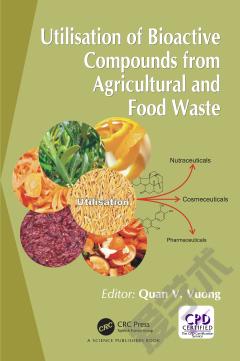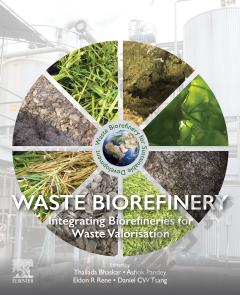Biofuels from Food Waste —— Applications of Saccharification using Fungal Solid State Fermentation
----- 食品垃圾中的生物燃料:使用真菌固体发酵的糖化过程
According to the UN's Food & Agricultural Organization (FAO), one third of food produced globally for human consumption (nearly 1.3 billion tons) is lost annually. Food waste has often been incinerated with other combustible municipal wastes for possible recovery of heat or other forms of energy, however, incineration is not cost-effective, and can cause air pollution. Due to its organics- and nutrient-rich nature, food waste could be viewed as a useful resource for production of high-value platform chemicals through fermentation. This book examines the bioconversion of food wastes to energy and the recent developments in ethanol, hydrogen, methane, and biodiesel production from food wastes.
{{comment.content}}








 京公网安备 11010802027623号
京公网安备 11010802027623号